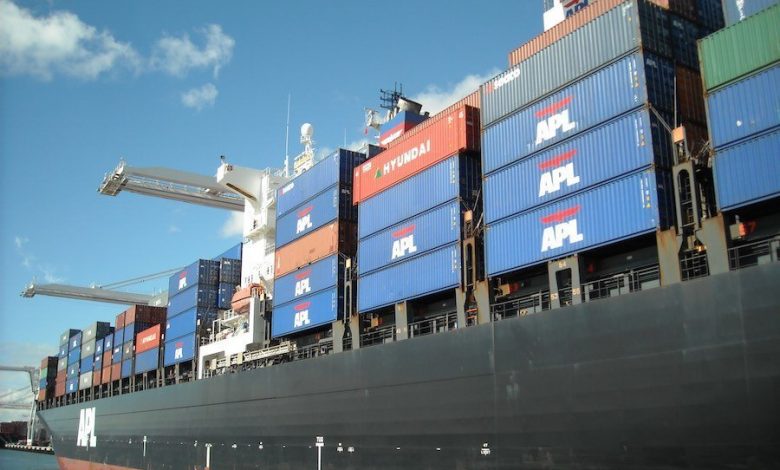APL master appears in HK court over controversial armoured vehicles shipment

The Chinese master of an APL ship at the centre of a controversial shipment of armoured vehicles from Taiwan to Singapore appeared in a Hong Kong court today. Pan Xuejun, 39, was charged with one count of importing strategic commodities without the necessary licence. He was released on bail of HK$50,000 ($6,400) with his case adjourned to May 19.
APL, now owned by France’s CMA CGM, found itself at the centre of a diplomatic standoff between Singapore and China when nine armoured vehicles were seized from one its ships in Hong Kong last November while en route to Singapore from Taiwan after a military training exercise.
The seizure of the vehicles last November sparked high-level diplomatic contacts over a two-month period between Singapore and Beijing to eventually get them released.
APL is also facing prosecution, but will appear in court at a later date.

The point to ponder here would be why did the Master have to appear in court?
Did the Master of the vessel see the manifest of the containers loaded from Taiwan to Singapore (presuming that the armoured vehicles were loaded in containers/flat racks etc.) or was that presented to him prior his departure from the Taiwanese port or was it ever presented to him?
Was the Master of the vessel informed in advance of this cargo having been booked!!
Well, these days with short transit times / stay in port and all loading discharging operations being planned ashore; the ships officers including the Master on container vessels have hardly any control over these elements of the operations.
It would perhaps be of more importance to see who booked this cargo ashore whether it was the carrier’s sales staff; freight forwarders etc. etc. and to check if the carrier or the shipper was even aware of the legalities involved in accepting such cargo?